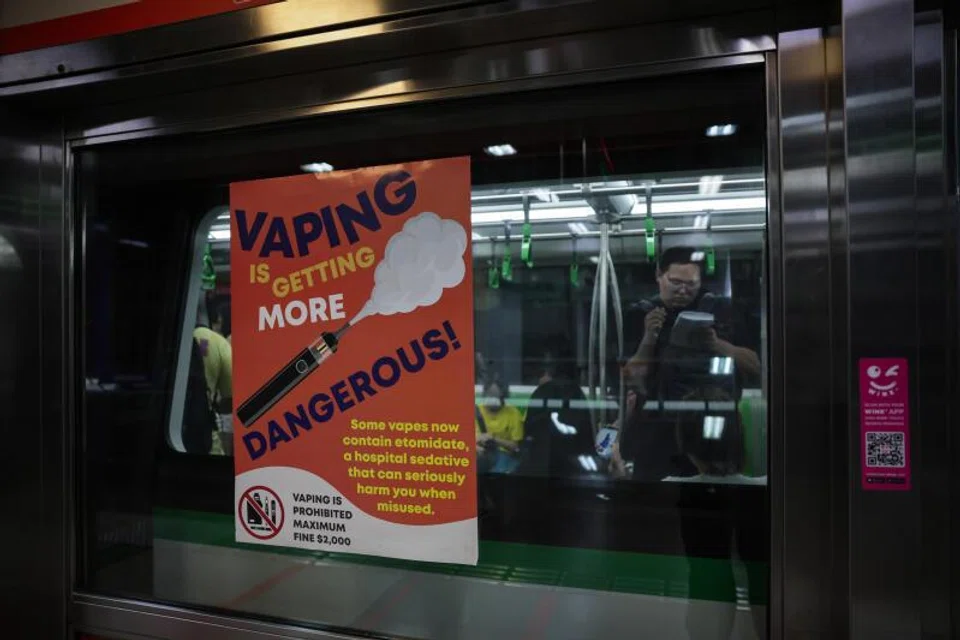
According to portalspozywczy on August 3rd, Krzysztof Łanda, former Deputy Minister of Health in Poland, shared his views on the rationale behind increasing taxes on tobacco products. He believes that while raising the tax on tobacco can help fill budget gaps, it may not be enough to encourage people to quit smoking. High taxes can diminish the appeal of tobacco products, but if the tax rate exceeds a certain threshold, it could lead to an increase in illegal importation and production of tobacco products.
On Friday, the Polish government's Legislation Center website published a new draft amendment to the tobacco tax law. The main purpose of this draft is to adjust the tax rates for tobacco products, novel tobacco products, and e-liquids, as well as to tax new devices used for vape oils. The Ministry of Finance pointed out that the new tax policy and higher prices will reduce the consumption of tobacco products and their alternatives, especially among young people. Former National Health Advisor Professor Jarosław Pinkas also stated that global research indicates that high-priced tobacco products will decrease demand.
The Ministry of Finance estimates that the new tax law will increase tax revenue to 42 billion Zloty (approximately 10.7 billion USD) by 2025, and to 43 billion Zloty (approximately 11 billion USD) by 2026.
Landa suggests that the government should focus on controlling the use of e-cigarettes by limiting sales and marketing, such as enforcing regulations that prohibit the sale of e-cigarettes to minors and banning the sale of e-cigarettes in attractive packaging. He also points out that...
Scientific research shows that traditional cigarettes produce more harmful toxins than e-cigarettes. Currently, it is still unable to fully assess the long-term effects of e-cigarettes on the human body, and extensive studies lasting decades are needed.
It has been reported that the European Parliament and the European Commission passed a directive in 2014 aimed at restricting the production, display, and sale of tobacco products, with the goal of achieving a smoke-free EU by 2040.
We welcome news tips, article submissions, interview requests, or comments on this piece.
Please contact us at info@2firsts.com, or reach out to Alan Zhao, CEO of 2Firsts, on LinkedIn
Notice
1. This article is intended solely for professional research purposes related to industry, technology, and policy. Any references to brands or products are made purely for objective description and do not constitute any form of endorsement, recommendation, or promotion by 2Firsts.
2. The use of nicotine-containing products — including, but not limited to, cigarettes, e-cigarettes, nicotine pouchand heated tobacco products — carries significant health risks. Users are responsible for complying with all applicable laws and regulations in their respective jurisdictions.
3. This article is not intended to serve as the basis for any investment decisions or financial advice. 2Firsts assumes no direct or indirect liability for any inaccuracies or errors in the content.
4. Access to this article is strictly prohibited for individuals below the legal age in their jurisdiction.
Copyright
This article is either an original work created by 2Firsts or a reproduction from third-party sources with proper attribution. All copyrights and usage rights belong to 2Firsts or the original content provider. Unauthorized reproduction, distribution, or any other form of unauthorized use by any individual or organization is strictly prohibited. Violators will be held legally accountable.
For copyright-related inquiries, please contact: info@2firsts.com
AI Assistance Disclaimer
This article may have been enhanced using AI tools to improve translation and editorial efficiency. However, due to technical limitations, inaccuracies may occur. Readers are encouraged to refer to the cited sources for the most accurate information.
We welcome any corrections or feedback. Please contact us at: info@2firsts.com







